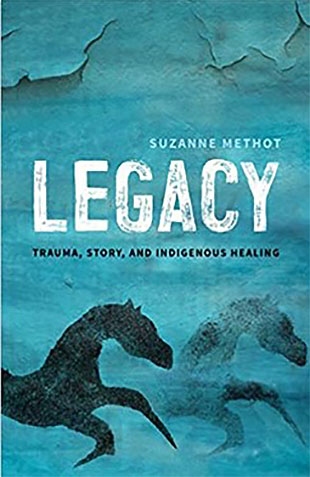“Before colonization, Indigenous medicine people had knowledge that often gave them political power as well. They were respected for their ability to see things and for their knowledge about the workings of the world. Early settlers recognized their abilities and often sought care from Indigenous medicine people. In time, government agents and missionaries realized that these medicine people would be a huge barrier to assimilation, so they took deliberate action to weaken the position of medicine people within Indigenous societies. Missionaries began to take on a leading role as spiritual advisors and often took over the role of doctor, too. Medicine people were ostracized and criminalized, elders were unable to pass on their knowledge, and Indigenous science and medicine was lost or went underground.
“Indigenous peoples went form proud, independent people with excellent health and strength of heart and mind to dependent people ravage by the physical, mental, emotional, and spiritual consequences of colonization. The government policies and programs that seek to maintain the status quo are a continuation of the control relationship: by keeping Indigenous people sick, the government ensures that they are marginalized, unable to stand up and demand their rights.
“The path to regaining health and wellness after colonization will look different for each Indigenous person and each Indigenous community, because each person and each community will have different goals, use different methods, and experience change at a different pace. But a crucial piece of the puzzle is recreating health-care models that reflect the holistic paradigms at the heart of Indigenous cultures. This will be difficult in the wake of the colonial destruction of Indigenous science and medicine and the breakdown in intergenerational knowledge transfer, but it is possible.”
